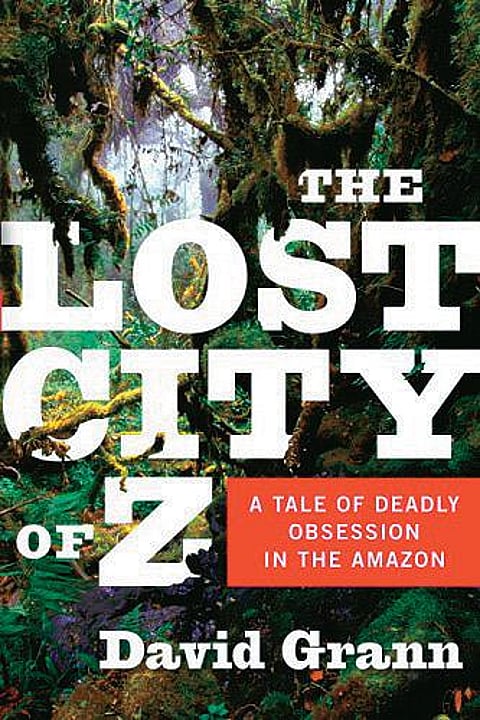
- Destinations
- Experiences
- Stay
- What's new
- Editor’s Picks
- Responsible Tourism
- CampaignsCampaigns
- Subscribe

Two months ago, London&rsquos Royal Geographical Society found itself riven by a bitter battle between those who wanted it to concentrate on smaller research trips and expeditions as well as more academic study, and those who wanted it to continue its tradition of major explorations.
This was, after all, the society that had sent Darwin off on the Beagle, Scott and Shackleton to the Poles, Burton, Livingstone and Speke to Africa. Most of these men were, in a sense, scientists but essentially many were adventurers, armed primarily with self-belief. Today&rsquos highly structured academic world would have had little place for these gifted amateurs and certainly none for their wilder forays. The RGS still has members in that mould, like the Blue Nile explorer John Blashford-Snell or the circumpolar traveller Sir Ranulph Fiennes.
Eventually, the society voted against big expeditions, and the hard men held forth on how this victory for the bookish types meant the possible demise of the society in its originally intended form. It would have been interesting to hear what one of the hardest of all would have had to say.
Percy Fawcett was a heroic figure in a Boy&rsquos Own comics sense. He fought with distinction in World War I, explored Ceylon, was briefly a spy for the British Government and, on several expeditions in the colossal forests of South America, excelled as a geographer and explorer. A big, athletic, supremely fit figure, he would hack his way through jungle that had claimed the lives and sanity of many less tough adventurers. He was deeply secretive, inclined to shoot from the hip, he was viciously critical of expedition members who didn&rsquot measure up to his standards and he had a strange fascination (though one popular at the time) with the paranormal. And yet it only seemed to add to his allure &mdash appeal that was only enhanced by his mission to find what he called the &lsquoLost City of Z&rsquo, a fabled and wealthy civilisation in the middle of the vast Amazon basin, one that had tantalisingly been alluded to in records left by European travellers over 200 years.
Fawcett had completely captured the public imagination. When he vanished into a remote and heavily forested area near Brazil&rsquos Xingu river, on his final Amazonian expedition in the 1920s, there was a global furore. There was a stream of explorers and chancers who attempted to locate him, a task made doubly difficult by the mass of disinformation about Fawcett&rsquos location, some deliberately left by the secretive explorer himself. And the incredible difficulty presented by searching for a man in the Amazon basin, one of the world&rsquos great unexplored areas. Yet, over the next 80 years, more than a hundred people are estimated to have died, from starvation, disease or hostile attacks from the region&rsquos tribes, while searching for him.
Writer David Grann followed them into the Amazonian jungle. Unlike many of his luckless predecessors, he did not lose his fortune or his life. Instead we have this highly readable account of Fawcett, the larger-than-life character, his dreams, his expeditions, his quirks and, about the madness of many who went in search of him.
Some of the high points of this extensively researched work are the story of Fawcett&rsquos upbringing and history, his values meeting in that peculiarly Victorian combination of puritanism and adventure work with the RGS, his war career and his work surveying in South America. In an otherwise engrossing read, oddly, it is with the story&rsquos biggest character, the Amazon jungle, that Grann slips. There really isn&rsquot a sense of the simply staggering scale of this continent-sized forested river basin. He is also rather quick to suggest the one sign of long-term urban human habitation he does find as a possible &lsquoLost City&rsquo. It&rsquos hard to tell what else may lie in that vast land. A lack of a single map in a book like this is simply annoying. And yet Grann&rsquos book will at least have a few readers dwell on this unforgettable character and wonder just what secret still lies in that awesome jungle. Fawcett couldn&rsquot ultimately have asked for more.
